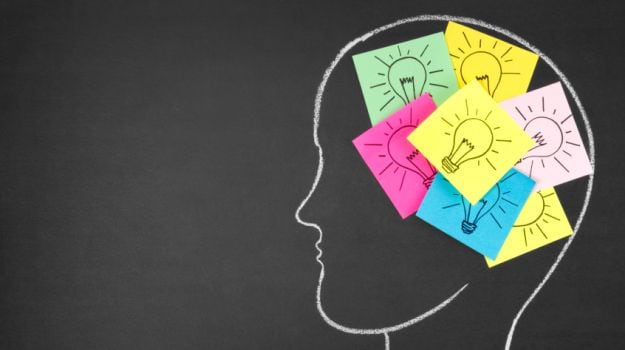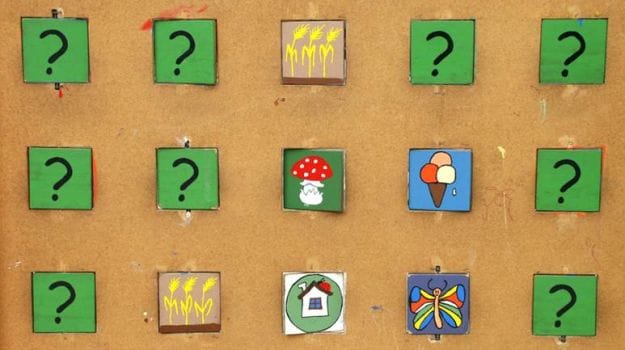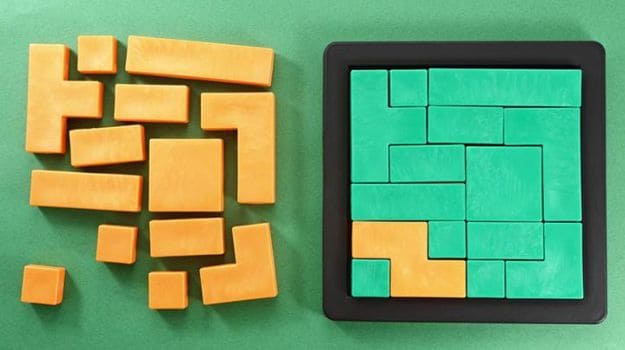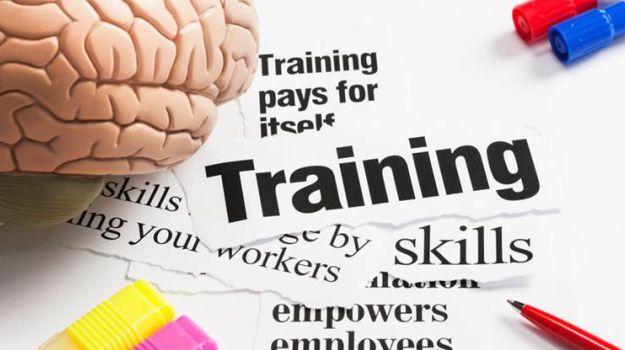The human brain is a fascinating organ, which contains billions of nerves that are responsible for carrying out various functions of the body. The brain is divided into specific areas, and each part is involved in carrying out a set of responsibilities, including vision, memory, motor functions, language, breathing, sleep and balance among others. It is a vital organ that connects all the other organs in the body and keeps them working efficiently as you go about your daily activities. This is the reason why it is important to keep it active and young.
"Our thoughts and dreams, our memories and experiences, all arise from this strange neural material. Who we are is found within its intricate firing patterns of electrochemical pulses. When that activity stops, so do you. When that activity changes character, due to injury or drugs, you change character in lockstep. Unlike any other part of your body, if you damage a small piece of your brain, who you are, is likely to change radically," says author David Eagleman in his book The Brain: The Story of You.
 The Matter of the Brain
The Matter of the BrainWhile the brain is an extremely smart organ capable of carrying out various tasks, it is also good to put it to a test every once in a while. The more you challenge it, the more it will learn and evolve, and as such, will stay active too. Certain parts of the brain, especially the area of the frontal lobe (prefrontal cortex) and the hippocampus play a vital role in learning, memory and other complex mental activities.
"The key thing for brain performance is not the number of cells we have but the number and quality of connections between them. In the brain, we not only have a very large number of neurons (one type of brain cell) but also an almost unimaginably large number of potential connections among them: There are 100 billion neurons and a potential 100 trillion connections," states author Charles Phillips in his book Stay Smart: 100 Exercises to Keep Your Brain Sharp.
He further adds, "The brain makes connections among its neurons when we learn new skills or information, when we ensure that we are engaged by what we do, and when we are mentally stimulated. Remain mentally active and you help protect yourself against the effects of natural decline."
This is why our elders have always encouraged us to learn new skills and different art forms. Learning something new is the key, which include activities like art, cooking, puzzle solving, learning to play a musical instrument, participating in plays, so on and so forth. Even 30 minutes of morning walk can work wonders in charging up your brain because this is the time when certain useful rays of the sun gets absorbed, which then works in many ways to help it perform better.
"On average, it's said that we use just 25 per cent of our brain's capacity. Yet by flexing our mental muscles regularly, we can create new neural pathways in the brain - and our thoughts become a physical reality. With a little brain training, we can all get smarter," states author Joel Levy in his book, The Brain Power Workout.
Brain Exercises for a Smarter You
Here are some simple brain exercises you can do on a daily basis to keep your brain young -
1. The Memory Game
Who remembers the memory game we used to play as children? The stack of cards with pairs of buses, cars, fruits, vegetables and all sorts of objects that were shuffled and arranged in neat rows and we had to match the pairs solely through the power of our memory. That's an excellent brain exercise. Another easy game is to pay close attention to your surroundings on your way to or back from work, and then draw out a map of the route with all that you remember of seeing. And check it out the next day. With time, you will also become more attentive of your surroundings.

2. The Arithmetic WayAs much as majority of us hate maths, the truth is that it is an excellent way of exercising the brain. No, we are not asking you to add up big numbers within seconds or multiply three digit numbers (or even two digits for that matter). But partake in simple maths and challenge yourself as you progress. Get back to basics and start with counting tables. Then do the series of squares and cubes.
 3. Brain Training Games
3. Brain Training GamesWe all know Sudoku, which is a fantastic brain training game, and also Minesweeper. But we live in the digital world, so let's make use of technology. Search for brain training games online and there will be various websites that will pop up with an extensive range of games. Sign into any website and start playing. As simple as that! Most of them are formulated in such a manner to train your cognitive skills - memory, attention, speed, mental flexibility, emotional intelligence etc. These games include matching colours, remembering patterns, testing speed, applying logic, and other simple games which are also a lot of fun and a good way to pass time. 4. Fun with Words
4. Fun with Words
Name, Place, Animal, Things - this would definitely rank high as one of the all-time favourite games. Not only is it an excellent way to increase your knowledge, but sharpen your memory too. Scrabbles is a great exercise as well. Another popular way to remember words is by Mnemonics, a practise where you try to connect a group of words by phrases to remember them better. Remember your geography class and the common trick to memorise the nine planets? My Very Educated Mother Just Showed Us Nine Planets! Mnemonics are a handy way of committing dry facts to memory. Try to challenge yourself to remember all the names of the rivers in your state, the city names, or capitals of different countries using mnemonics. There are so many options. Do one everyday! 5. The Power of Food
5. The Power of Food
Love cooking? You may already be smarter than others who don't. Cooking is one skill which makes use of all your senses to be able to create that perfect dish - smell, sight, taste, touch and sound. As such, it is a great exercise for the brain. Attempt different recipes and cuisines, and try to play around with unfamiliar ingredients; this way you will improve you attention as well. And while eating, try and identify different smells and flavours of your meal rather than digging straight in to curb the hunger pangs.

6. Puzzle Time
Do you like solving puzzles? If you are just about warming up to the thought, then go the easy way. First, try your hands at jigsaw puzzles. It's a good exercise for the brain because it helps in refining your hand-eye coordination, and it is a lot of fun too. If you don't have the time for buying boxes of puzzles, just go online and solve jigsaw puzzles for free. Building blocks is another good exercise!

7. Happiness is the Key
Author Shakuntala Devi states in her book, Super Memory: Ageless Memory in 12 Practical Lessons, "As the Bhagavad Gita says, '...From anger results delusion, from delusion results confusion of memory...' Not only anger, but a scroll of other unhappy emotions can fog you mind: fear, depression, self-pity, envy, grief, hatred, restlessness, anxiety. With this mist overhanging your mind, your senses can get dulled to the point where you are not registering even your immediate environment or experiences." It is therefore essential to stay happy, which also helps boost your brain to perform better. So release those happy hormones by working out, trekking, dancing, meditating or anything that makes you the happiest.










